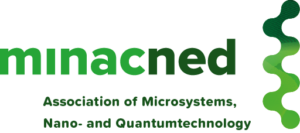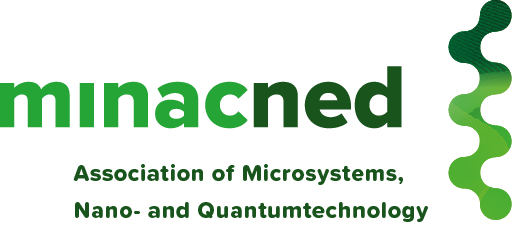Quantum Delta NL launches LightSpeed, a program that can connect Dutch quantum startups with 13.6 billion in investment capital, managed by European and U.S. funds. The startups will be guided by Quantum Delta NL’s Investor in Residence Ton van ‘t Noordende (founder PHX, founder and former deep tech investor | 01Ventures).
With LightSpeed, quantum startups will receive personalized tailored assistance to scale their businesses and optimize their attractiveness to investors. Specifically for the project, contact has been made with European and American funds, totalling up to 13.6 billion in investment capital. By helping these startups with everything related to scaling their business and fundraising, rapid scenario planning, cap table assessment and finding investors, Quantum Delta NL wants to increase the number of successful quantum startups founded in the Netherlands. Currently, the country has 7 official quantum startups. This number should grow to 100 by 2028. These companies are considered to become of great value to the Dutch economy.
LightSpeed is built for Dutch quantum startups in all phases, ranging from pre-foundation to series B and everything in between, with a focus on market validation and investment. The LightSpeed-team has led the effort and guided Delft-based quantum modem startup QphoX to successfully raise 2 million euros in funding, right out of stealth. The funding round was led by a European syndicate of top deeptech investors, Quantonation, Speedinvest and High-Tech Gründerfonds, with participation from TU Delft University.
Ambition
Startups and building a business ecosystem are key pillars of the Quantum Delta NL-programme that received 615 million euros from the National Growth Fund last month. Among other things, the programme fuels the further development of the first European quantum computer and a quantum internet, openly accessible to end users in business and social sectors, including education. McKinsey calculated that in the medium term, the programme will lead to a contribution to the gross domestic product of 5 to 7 billion euros and 30,000 high-quality jobs in the Netherlands.
Freeke Heijman, director Quantum Delta NL: “Building a business ecosystem is an important pillar of the Quantum Delta NL programme. We want the scientific knowledge which is developed in our quantum labs, to also lead to new business activity within the Netherlands and Europe. Because of LightSpeed, promising initiatives receive an unprecedented acceleration to scale their idea into a startup or scale up. Central to our guidance is the startup team’s specific needs.”
Ton van ‘t Noordende, Investor in Residence Quantum Delta NL: “Our goal is to make the Netherlands the number one quantum technology startup ecosystem in the world. That’s why LightSpeed is all about the builders. The founders who will actually make the quantum leap. We are there to facilitate their journey and provide the best possible, personalized support and access to top investors worldwide. We take a reverse approach to classic acceleration processes. It is not the stage they are in that counts, but the potential. With our network and support, we make sure they go from zero to 100 quickly.”
Simon Gröblacher, Co-founder QphoX: “LightSpeed is specifically designed to address the toughest question for any startup founder: are you ready to scale and if so, where do you start to discover investment-related parties that can help secure your vision? It has been incredibly helpful for us to take on this challenge with help from inspiring entrepreneurs like Ton van ‘t Noordende.”

Simon Gröblacher works on QphoX’ quantum modem. Photo: Rebekka Mell

